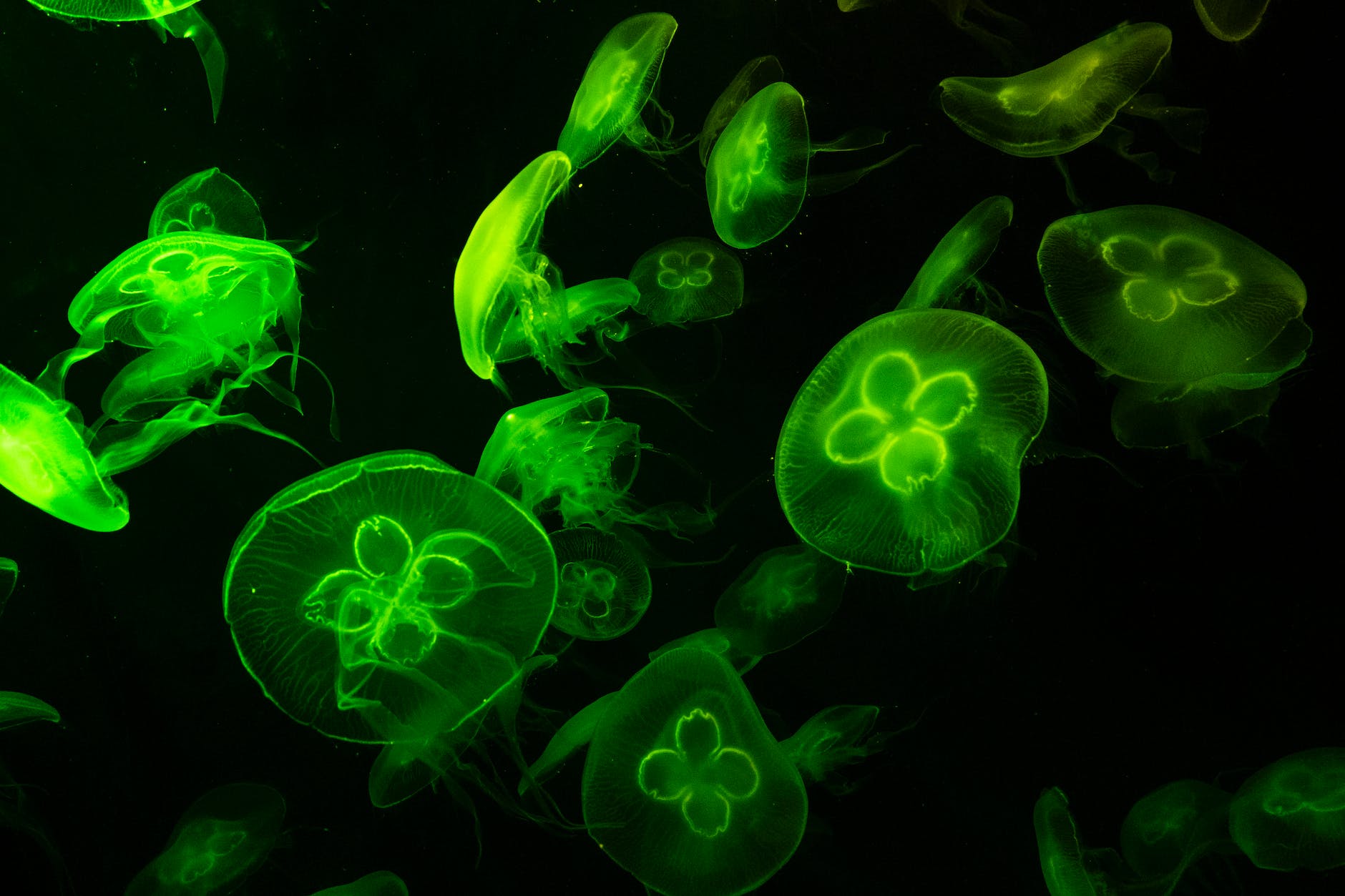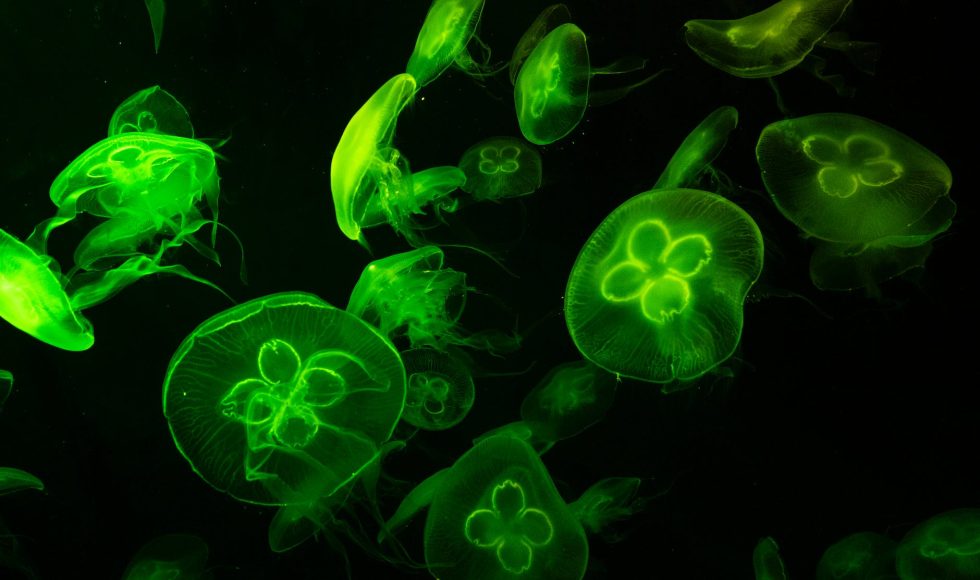Tonight I watched the ASMCUE 2022 microbrew session by Daryn Stover entitled “Enhancing communication skills through discussion of primary literature and phenotypic variation.” Stover is at Arizona State at Lake Havasu and is a dedicated undergraduate campus. There are no dedicated research labs. There is a senior capstone experience and opportunities for internships. The BIO 431 Genes, Development, and Evolution class that Stover teaches satisfies a literacy and critical inquiry requirement. Stover runs the course as a journal club meeting once a week to discuss primary literature. Phenotypes are selected by the students, and the course discusses one phenotype a week. Stover explained that the phenotypes are used to discuss and evaluate science of the study focusing on experimental design, overselling, and communication. Discussion topics do not depend on the phenotype and consider hierarchy of journals, open access and many other topics. There are some formal writing assignments with short essays 1-2 pages long with different prompts depending on the topics discussed. There are also larger essays and comprehension quizzes. Students lead discussions and participate in activities to earn participation points each session. Stover used a Jamboard to collect phenotypes from participants and discussion points. One question asked was if Stover “checks” the articles before presentation. Stover responded that they do recommend sending the topic in to the instructor before presenting. The class size is small averaging five. The most common topics are origins of infectious diseases and drug metabolism. I thought it was interesting how Stover uses the same structure and focuses on how science is communicated while allowing student choice of topics. They also mentioned how constant changes in topics and interactions keep the course dynamic.



